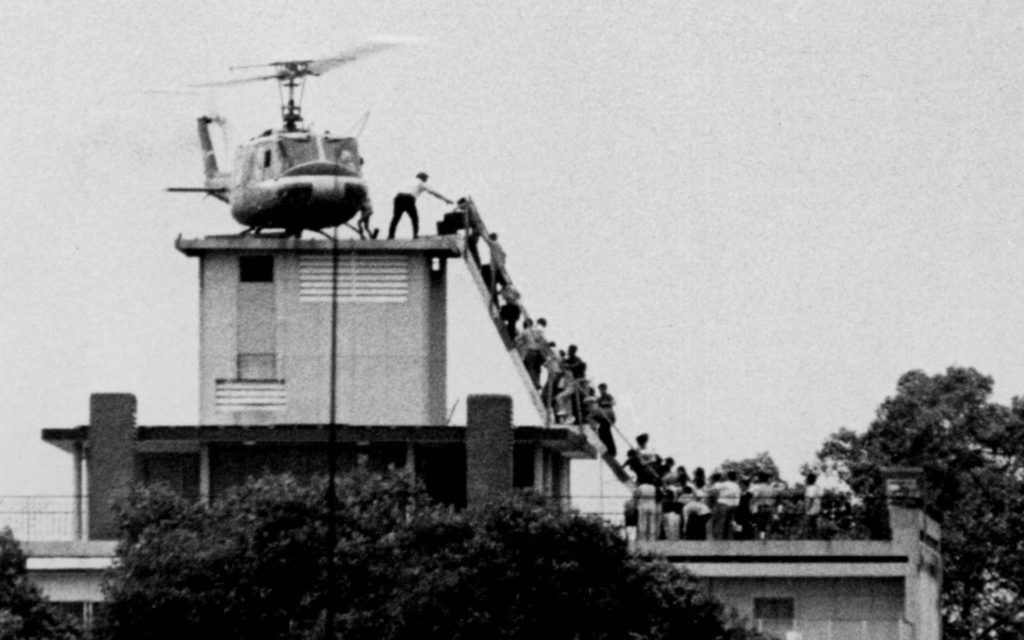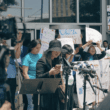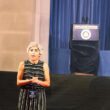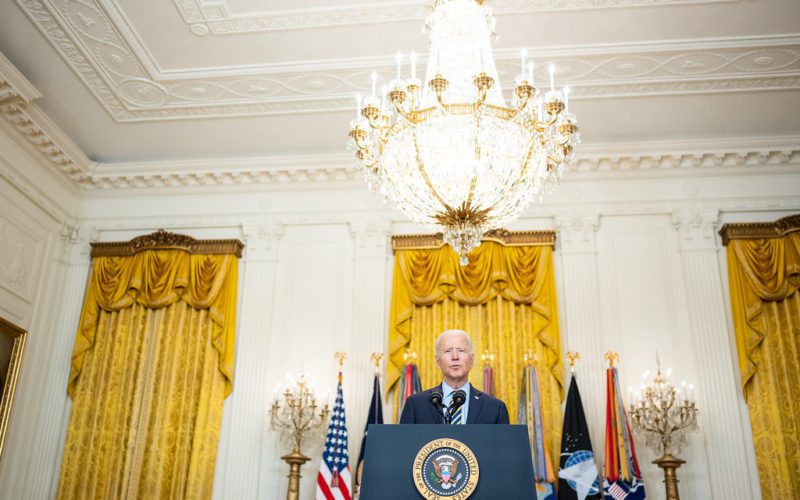Good morning and welcome to a special edition of The Yappie’s Asian American + Pacific Islander politics briefing. We’ll have more coverage later this week, but make sure to send tips and feedback to [email protected]. Apply to join our team and support The Yappie‘s work.
The Big Story
AFGHANISTAN FALLOUT—After two decades of bloodshed, with thousands of Afghan and American lives shattered and trillions of dollars spent, the United States was ready for its longest war to end. But in a stunning lightning offensive, the Taliban overtook Afghanistan’s provinces within the span of a week, emerging in victory after wresting control of the capital Kabul on Sunday. The escalating siege has spurred hundreds of thousands of Afghans to flee. Here’s what you need to know…
- The Biden administration faces backlash for its hasty withdrawal of U.S. troops and what critics perceive to be a failure in protecting Afghans, especially those who worked with U.S. and NATO forces. Thousands are pleading for evacuation amid backlogged processing of Special Immigrant Visas (SIVs) to the U.S. At least seven people were killed at Kabul airport on Monday, including several who fell to their deaths after clinging on to a U.S. military jet as it took off.
- What’s at stake: Afghan women and girls, who stand to lose hard-won rights to everyday freedoms, are especially in danger. For months, they’ve borne the brunt of the violence. In 2020, women and children accounted for roughly 43% of all civilian casualties, with a record number of women killed, according to the United Nations. Their fear and desperation were clear on Monday.
- “‘Dear sweet sister, the Taliban are in my village,” one Afghan interpreter said in a message to a U.S. veteran. “I am about to die. I know who you are; you are for us. But your government is killing us.’”
- “This morning I heard about a group of Afghan women, including a woman who was on the government's peace delegation in Doha, viciously beaten by the Taliban near the airport,” Rep. Tom Malinowski (D-New Jersey) said on a call with reporters.
- Zarifa Ghafari, who has survived several assassination attempts as the first woman to become mayor of Maidan Shahr, told iNews that the Taliban “will come for people like me and kill me.”
Pulse
ECHOES OF SAIGON—Amid the unfolding chaos, some Vietnamese and Hmong Americans are speaking out on the parallels—though imperfect—between the crisis in Afghanistan and the 1975 fall of Saigon at the close of the Vietnam War.
Between the lines: President Joe Biden and senior U.S. officials had already sought to hold back the tide of comparisons early on. Last month, Biden said “zero” similarities could be drawn, adding that “the Taliban is not the North Vietnamese Army.” Secretary of State Antony Blinken explicitly rejected the parallels on Sunday: “This is manifestly not Saigon.”
Just hours later, the comparisons became all but inevitable—with footage of the U.S. embassy staff’s evacuation from Kabul mirroring iconic photographs of helicopters rescuing South Vietnamese citizens from the American embassy in Saigon. By Monday evening, an unnamed U.S. official described the deteriorating situation to CBS News as “worse than Saigon.”


- “Having literally been in Saigon for the fall of Saigon, it certainly looks like Saigon to me,” novelist Viet Thanh Nguyen tweeted.
- Videos of Afghans rushing onto the Kabul airport tarmac evoked painful memories for Lee Pao Xiong, whose family was split up in the flood of people evacuating Laos—where the U.S. had recruited Hmong soldiers to fight for its side—in 1975. “I know exactly how they're feeling right now,” Xiong, now the director of the Hmong History Center at Concordia University, told KARE 11 News. “I was there. I was on the tarmac.”
- Georgia State Rep. Bee Nguyen (D) also spoke of her family’s experience after the fall of Saigon. Most of her family were left behind, and her father and two uncles were later imprisoned in “re-education camp[s],” where they were subjected to starvation and more.
- The Progressive Vietnamese American Organization urged the Biden administration to help fleeing Afghans and “do better than what we did in 1975.”
On The Hill
KABUL’S FALL STUNS CONGRESS—The speed of the Taliban’s siege shook lawmakers, including Rep. Stephanie Murphy (D-Florida), a refugee from Vietnam. “I’m disappointed that this is the way in which we are withdrawing,” she told POLITICO.
- Rep. Andy Kim (D-New Jersey), who served as a civilian strategic adviser in Afghanistan, tweeted that he was frantically working “to get Afghans that I know out of the country.”
- Worth noting: Rep. Kai Kahele (D) and other Congress members are urging the U.S. to airlift families to Guam—something the island’s leaders say it would be prepared for.
- What they’re saying: For two decades, thousands of Afghans put themselves and their families in danger to support the U.S.’s mission—“and in return our nation made a promise that we would keep our partners safe,” Sen. Tammy Duckworth (D-Illinois), an Iraq War combat veteran, said in a statement.
- “Many of them bled alongside our troops and thousands remain in grave danger as our nation completes its withdrawal,” she added. “We should not break our word to them in this desperate moment of need.”
The Biden Era
BLAME GAME—In an address to the nation on Monday afternoon, Biden doubled down on his decision to pull U.S. troops, claiming that America’s goal in Afghanistan was always to prevent terror attacks on U.S. soil—not to help build a nation or unify a democracy. He blamed the catastrophe on Afghan leaders and military forces who failed to find the will to “fight for that future.”
His comments led to swift criticism…
- “The USA intervenes militarily in a country it knows nothing about; builds an army in its image; corrupts the economy & chooses bad partners; focuses intently on its own human losses and financial costs; decides it's had enough; and blames the people of the country. America First,” Viet Thanh Nguyen tweeted in sarcasm.
- Krish O'Mara Vignarajah, president of Lutheran Immigration and Refugee Service, rebutted the administration’s claim that many Afghans chose not to leave the country earlier — calling it “patently false.” Many have not been able to leave because they can't afford or access flights, she said.
- “It's unfortunate that this has to be said, but American lives are not more valuable than Afghan lives,” writer Abdallah Fayyad said.
WHAT’S NEXT—The president has deployed 6,000 U.S. troops to Afghanistan to assist in the evacuation of U.S. personnel and Afghan allies, the White House said Monday evening. Roughly 2,000 Afghans eligible for SIVs and their families have been moved to the U.S. so far, according to Biden.
- The administration is also asking federal employees in U.S. Citizenship and Immigration Services to volunteer for assignments assisting Afghan allies’ relocation, CNN reports.
❤️ Enjoying The Yappie? Make a donation, forward this briefing to a friend. or subscribe here. You can also follow us on Twitter, Instagram, and Facebook.









